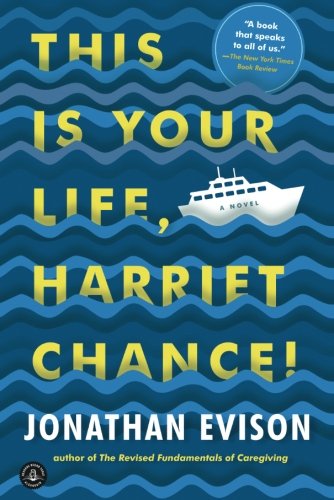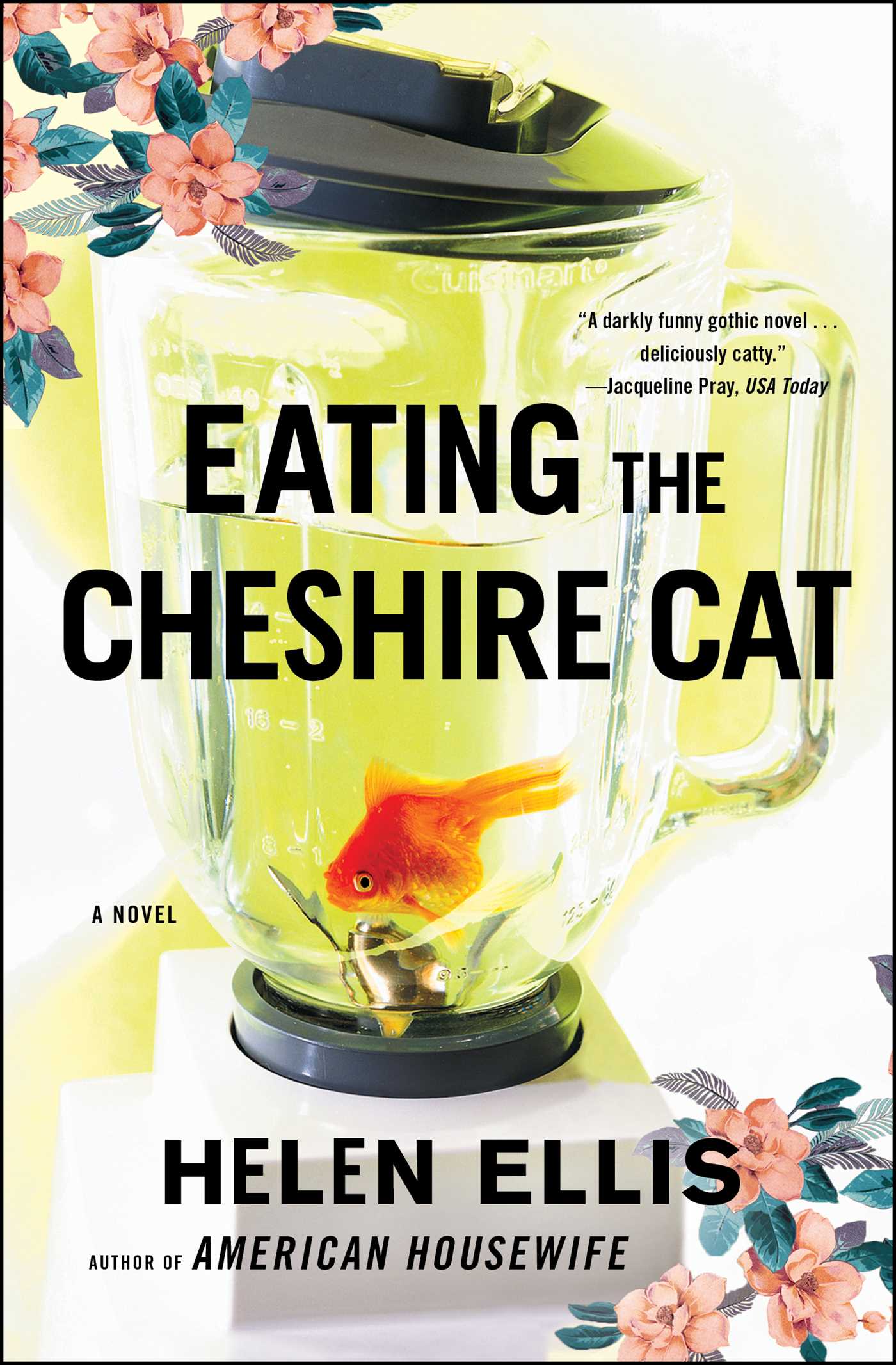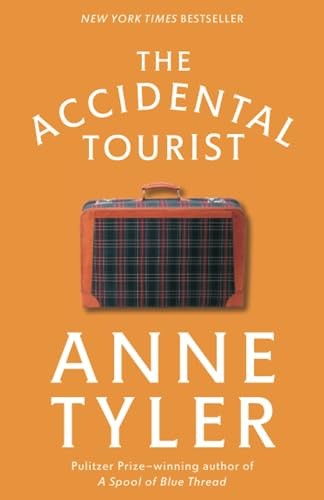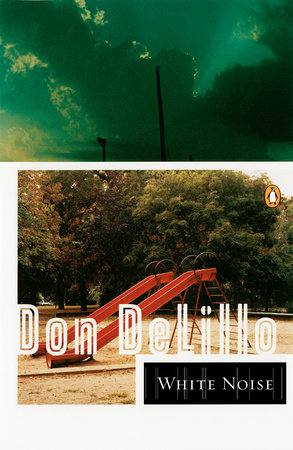If a scene can make your jaw drop, that’s a sure sign it’ll stick in your head forever. And, for us, it’s often the books that boldly blend the bitter and the sweet that end up making lasting impressions, like the ones in this roundup of rediscovered favorites. Filled with ingenious dialogue, witty social observations, and the occasional absurd plot twists, these books have had us chuckling one second, gasping the next.

Rediscovered Reviews: 5 Unforgettable Reads Full of Dark Humor
Sometimes, it’s okay to judge a book by its cover. I picked up Jen Beagin’s debut novel, PRETEND I’M DEAD, because the combination of that title and the rubber-gloved hand holding a cigarette on the jacket drew me in. After reading the back cover and learning that the book involved a love interest named Mr. Disgusting, I knew I had to read it. Judging by those things, I figured I was in for a truly unique, offbeat, and probably sharply funny story. It is all of those things and so much more.
This novel delves into places that seem hopeless or abject: the flophouse, the dive bar, the trailer park. Jen Beagin populates them with people who are damaged and hurting and strange, but also achingly human, striving for meaning or love or survival. Their collective story is as deeply funny as it is deeply sad; it is heart-wrenching, fresh, and weird in a wonderful way.
Read more of Sara’s review!
NAMED A BEST BOOK of the YEAR by O, THE OPRAH MAGAZINE, REFINERY 29, and KIRKUS REVIEWS
SHORTLISTED FOR THE CENTER FOR FICTION FIRST NOVEL PRIZE
A “wondrous,” (O, The Oprah Magazine) “scathingly funny” (Entertainment Weekly) debut from Whiting Award winner Jen Beagin about a cleaning lady named Mona and her quest for self-acceptance and belonging after her relationship with a loveable junkie goes awry.
Jen Beagin’s funny, moving, fearless debut novel introduces an unforgettable character, Mona—almost twenty-four, emotionally adrift, and cleaning houses to get by. Handing out clean needles to drug addicts, she falls for a recipient she calls Mr. Disgusting, who proceeds to break her heart in unimaginable ways.
Seeking a kind of healing, she decamps to Taos, New Mexico, for a fresh start, where she finds a community of seekers and cast-offs, all of whom have one or two things to teach her—the pajama-wearing, blissed-out New Agers, the slightly creepy client with peculiar tastes in controlled substances, the psychic who might really be psychic. But always lurking just beneath the surface are her memories of growing up in a chaotic, destructive family from which she’s trying to disentangle herself, and the larger legacy of the past she left behind.
The story of Mona’s quest for self-acceptance in this working class American world is at once hilarious and wonderfully strange, true to life and boldly human, and introduces a stunning, one-of-a-kind new voice in American fiction.
MENTIONED IN:
THIS IS YOUR LIFE, HARRIET CHANCE! (based on the 1950s TV show This Is Your Life) is both a rollicking ride through old age and a heartrending tale of a woman who discovers that the family she has devoted her life to is not, in fact, what it seems. You will cheer for Harriet from beginning to end, even as the book’s narrator counsels her, much like the show’s host Ralph Edwards himself: “This is your life, Harriet, what it’s become. But do not lose heart. Things will get better. . . .”
Harriet’s travels take her from Washington State to Juneau to Ketchikan, but like all good bildungsromans, the journey suggests so much more than sight-seeing opportunities for our feisty heroine. Harriet has viewed not only the Alaskan shoreline but also the crags and valleys of her own messy life, which, in retrospect, seem perhaps not so terrible. As her chronicler advises her, “It’s not every day that there’s order in the universe, Harriet Chance, so enjoy this: Breathe deeply of that salty air, really let it fill your lungs. . . . Live, Harriet, live!” It would seem sound advice for us all, words that even Harriet could agree with.
Read more of Wendy’s review!
My jaw still dropped in the opening pages of EATING THE CHESHIRE CAT as Mrs. Summers helps her daughter, Sarina, get drunk and then breaks her crooked pinky fingers with the butt of an ax, ensuring a doctor will have to fix her singular physical imperfection.
Sarina Summers is one of the three girls whose lives shape the plot of EATING THE CHESHIRE CAT. All three girls are struggling with and against the constraints of upper-Southern-class society, desperate for love and attention.
Helen Ellis combines the haughty atmosphere of Kathryn Stockett’s THE HELP, the wonderful absurdity of Daniel Wallace’s BIG FISH, and the biting scorn of Flannery O’Connor’s short story “Good Country People” to acutely dissect the nuances of Southern living. Much like Ellis’s popular short-story collection AMERICAN HOUSEWIFE, EATING THE CHESHIRE CAT is a fun, entertaining riot of a read that you won’t want to miss out on.
Read more of Taylor’s review!
My favorite Anne Tyler novel is THE ACCIDENTAL TOURIST—the story of Macon Leary, a travel writer who hates to travel. After Macon’s son dies in a violent tragedy, he and his wife are consumed with grief and end up separating. Forced to start anew in midlife, Macon becomes depressed, ends up breaking his leg, and falls into a new relationship with a kooky dog trainer.
If the novel I’ve just described sounds rather bleak, let me assure you that it’s just the opposite—joyful, exhilarating, and brimming with comic invention. In fact, what I love most about THE ACCIDENTAL TOURIST (and a lot of other Anne Tyler novels) is the way its characters are always thinking creatively, always designing new ways to save time, save money, and amuse themselves.
There’s so much joyful invention and imagination in THE ACCIDENTAL TOURIST, I never get tired of (re)reading it. It’s also one of the most hopeful novels I’ve ever read. Some people are lucky enough to rediscover happiness after a terrible tragedy, and THE ACCIDENTAL TOURIST shows how one reluctant traveler does just that.
Read more of Anne’s review!
Published in 1985, Don DeLillo’s focus is on radio and newspaper media, but his sage take on consumerism, overexposure, and disconnection serves us just as easily today. Jack Gladney—professor of Hitler Studies at the local college—and his blended family serve as an example of how an excess of technology and information can affect a family’s attempts to live meaningful, emotionally fulfilled lives.
DeLillo’s juxtapositions are not to be overlooked. While it’s dark and introspective, WHITE NOISE is also comical, a satire filled with characters who seem to be both clueless and self-aware. Jack can understand the overarching issues caused by a steady broadcast of information and tools, but he still occasionally falls victim to the exaggerated emotional reactions they cause. After a possible exposure to toxins and diagnosis by doctors putting blind faith in machines, Jack begins telling people he’s “tentatively scheduled to die . . . in the works” as if there was ever a question of whether or not he would eventually succumb to the inevitable.
Photo credit: iStock / MihailUlianikov












